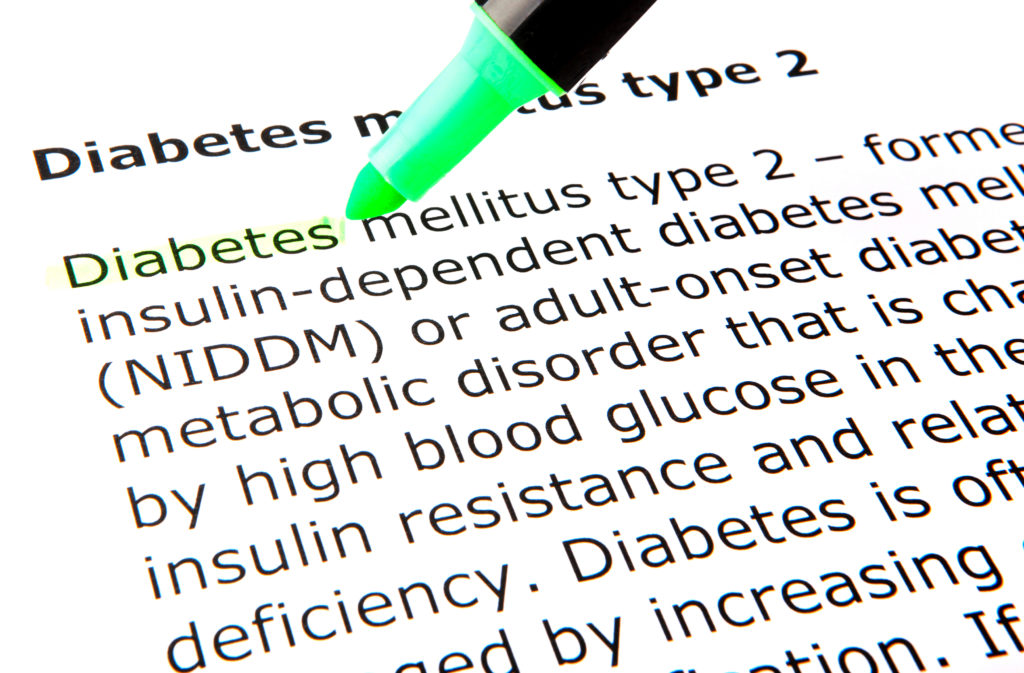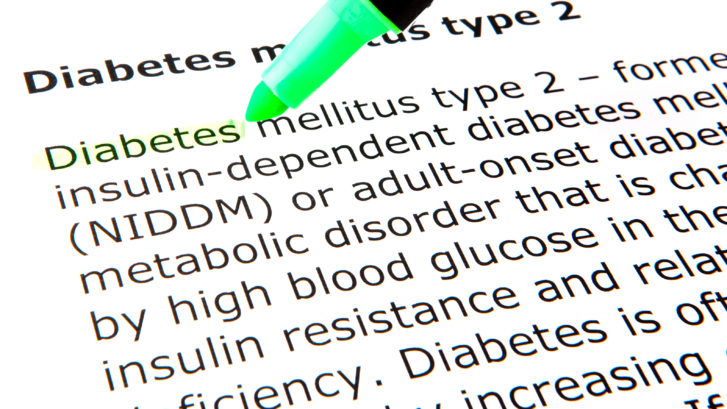What Are the Early Signs of Diabetes?
According to the latest data, at least 10% of Americans have diabetes. Meanwhile, around 88 million American adults are prediabetic. Although new diabetes cases have seen an overall decrease in the last 20 years, there is a rise in new cases among the youth. Unfortunately, diabetes remains to be one of the most common chronic diseases and leading causes of death and disability in the US.
Type 1 diabetes is typically diagnosed earlier among children aged 4 to 7 years old who have a family history of diabetes or a gene that increases their risk for developing the disease.
Meanwhile, type 2 diabetes may develop later in life and is common among people who has a family history of diabetes and are overweight or obese.
It’s important to keep an eye for symptoms of diabetes and follow prevention measures especially if you have a family history of the disease. In this post, your trusted team of primary care doctors in Boytown, TX, shares the early signs of diabetes to watch out for and what you should do if you notice symptoms.
12 Early Signs of Diabetes
Diabetes types 1 and 2 generally show the same symptoms. If you have a history of diabetes in your family, it’s necessary to watch out for these symptoms on yourself and your loved ones. Detecting diabetes earlier will help in managing the symptoms and disease itself.
1. Frequent Urination (Polyuria)
Frequent or excessive urination may indicate that there is a lot of sugar in the blood, causing it to “spill” into the urine. This happens when the kidneys have a hard time keeping up with the amount of glucose it needs to process. As such, the kidneys will produce urine more often to dump the excess sugar.
2. Increased Thirst
Being thirsty often and excessively is another early sign of diabetes. It is associated with having high blood sugar levels and the fact that diabetics urinate frequently. Often, drinking won’t seem to satisfy the thirst.
3. Episodes of Extreme Hunger
People with high blood sugar levels tend to experience intense hunger, also known as polyphagia. Typically, the body uses glucose to feed the cells. However, when your body is unable to process sugar normally, your cells will starve. As a result, the body will constantly look for a source of energy, prompting you to eat again and again.
4. Nerve Pain and Muscle Numbness
People with type 2 diabetes may often experience numbness in their hands, feet, fingers, and toes. This sensation signifies nerve damage or more specifically, diabetic neuropathy.
5. Slow Wound Healing
If a person has a wound that doesn’t seem to get better or is healing slower than normal, it’s possible that they have high blood sugar levels. Over time, having excessive sugar in the blood causes blood vessels to narrow. As a result, blood circulation slows down. This restricts the flow of nutrients and oxygen needed for wound healing.
6. Blurry Vision
People with unmanaged diabetes can experience blurring of vision early on. A sudden spike in blood sugar can affect the small blood vessels in the eyes, pushing fluid into the eye lens. Although vision blurriness often resolves quickly or after a while, having high blood sugar levels for a prolonged period of time puts one at risk for diabetic retinopathy, which can lead to blindness.
7. Skin Discoloration and Thickening
People with type 2 diabetes may have discoloration and thickening in the folds of their skin. Scientifically known as acanthosis nigricans, this usually affects the neck, armpits, and groin area. This is caused by the excess insulin in the blood.
8. Recurring Infections
Anyone can get fungal or bacterial infections, but people with type 2 diabetes are more susceptible to getting them more often. For one, because they urinate more frequently, they tend to have urinary tract infections and yeast infections. They are also prone to fungal infections caused by the candida fungus. Diabetes patients can also get styes, boils, carbuncles, and folliculitis more often than non-diabetics.
9. Skin Itchiness
One of the first symptoms that a person has high blood sugar levels is extreme skin itchiness. This is caused by poor blood circulation, skin dryness,and fungal or yeast infection.
10. Mouth Dryness
Drying of the mouth is also one of the most common symptoms of diabetes. Experts are yet to understand its connection with diabetes, but it is highly likely related to the extreme thirstiness and excessive urination that diabetics experience.
11. Extreme Fatigue
Extreme tiredness is among the primary symptoms of diabetes. Experts suspect that it is caused by the fluctuation of blood glucose levels. As such, the body does not get a consistent supply of energy fuel.
12. Weight Loss
People who lose weight even if they are not trying to are likely diabetic. However, there are other conditions that also cause unintended weight loss. Regardless, it is best to see a doctor once unintended weight loss is observed.

What to Do If You Are Experiencing Early Signs of Diabetes?
If you or your loved one is experiencing any of these early signs of diabetes, it’s advised to talk to a doctor right away. To determine whether you have diabetes, a simple blood test to check glucose levels will be done. Although chronic, diabetes is a manageable condition. The earlier you get a diagnosis, the better. It’s important to manage diabetes to reduce the risk of complications, such as kidney failure, heart disease, and eye damage, among others.
For Proper and Timely Diabetes Diagnosis, Consult Our Primary Care Physician
The key to successfully managing diabetes and keeping it from affecting your life is to get a proper and timely diagnosis. UrgentCare MDs has the capacity to help you determine whether you or your loved one has diabetes or are at risk for getting the disease. We have a wide range of medical services for diagnosing, treating, and managing health conditions including diabetes.
We are open for walk-ins, so we encourage you to visit our PrimeCareMDs in Baytown
2655 West Baker Road
Baytown, Texas 77521
We also offer urget care services, visit one of our convienet locations:
Contact us today for any inquiries and to set an appointment. We are here to help you lead a healthier life!
The material contained on this site is for informational purposes only and DOES NOT CONSTITUTE THE PROVIDING OF MEDICAL ADVICE, and is not intended to be a substitute for independent professional medical judgment, advice, diagnosis, or treatment. Always seek the advice of your physician or other qualified healthcare provider with any questions or concerns you may have regarding your health.

